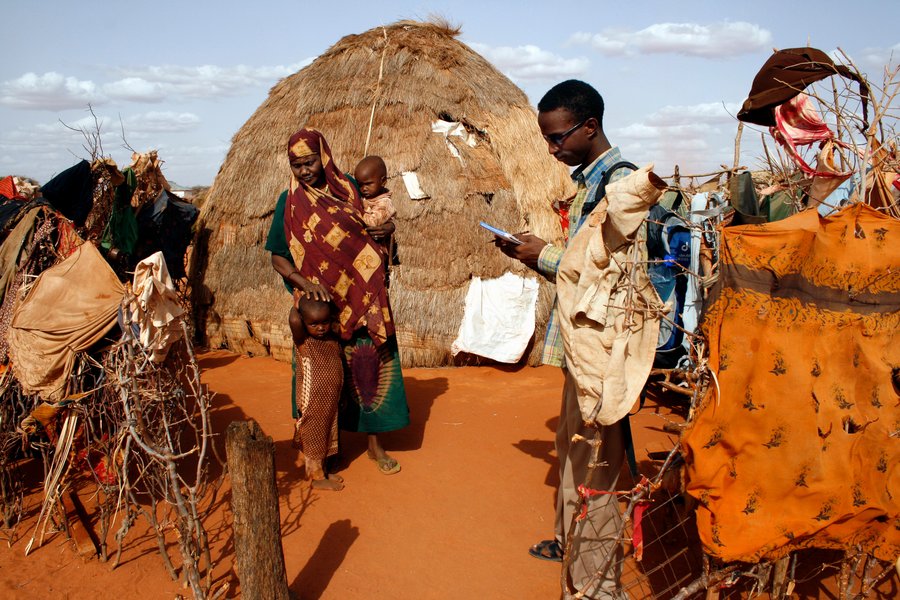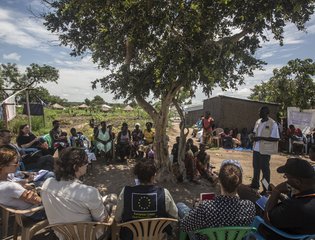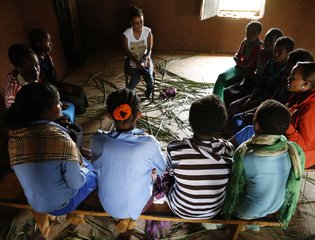The knowledge and skills of humanitarian staff working at the forefront of crises are essential for effective humanitarian action.
If their learning is not shared with peers or integrated into future organisational decision-making and project design, this can adversely impact the people affected by crises.
Lack of time, appropriate resources and, in some cases, interest from senior staff create obstacles for frontline learning.
For this kind of knowledge & evidence to surface, organisations need to invest in creating a supportive environment at all levels to enable learning. They should also respect a diversity of knowledge in decision-making.
Here we shine a light on frontline learning, providing practical tools to strengthen and share knowledge within and across organisations.
About ALNAP’s frontline learning project
In partnership with Action Learning Associates and The Research People, we worked with frontline staff across eleven different organisations, including local, national and international NGOs, to trial a new approach to sharing learning and engaging in problem solving called action learning – a structured process that uses repeated cycles of action and reflection to support ‘learning by doing’ and ‘doing while learning.’
We also worked with six learning experts from local and national NGOs to explore how organisations could best recognise, support and share tacit learning, i.e. the unwritten or undocumented form of knowledge and skills that a person acquires through observation and practical experience.
From this work we created two new learning resource packs – one on action learning and one on tacit learning – and a research study reflecting on the process.



